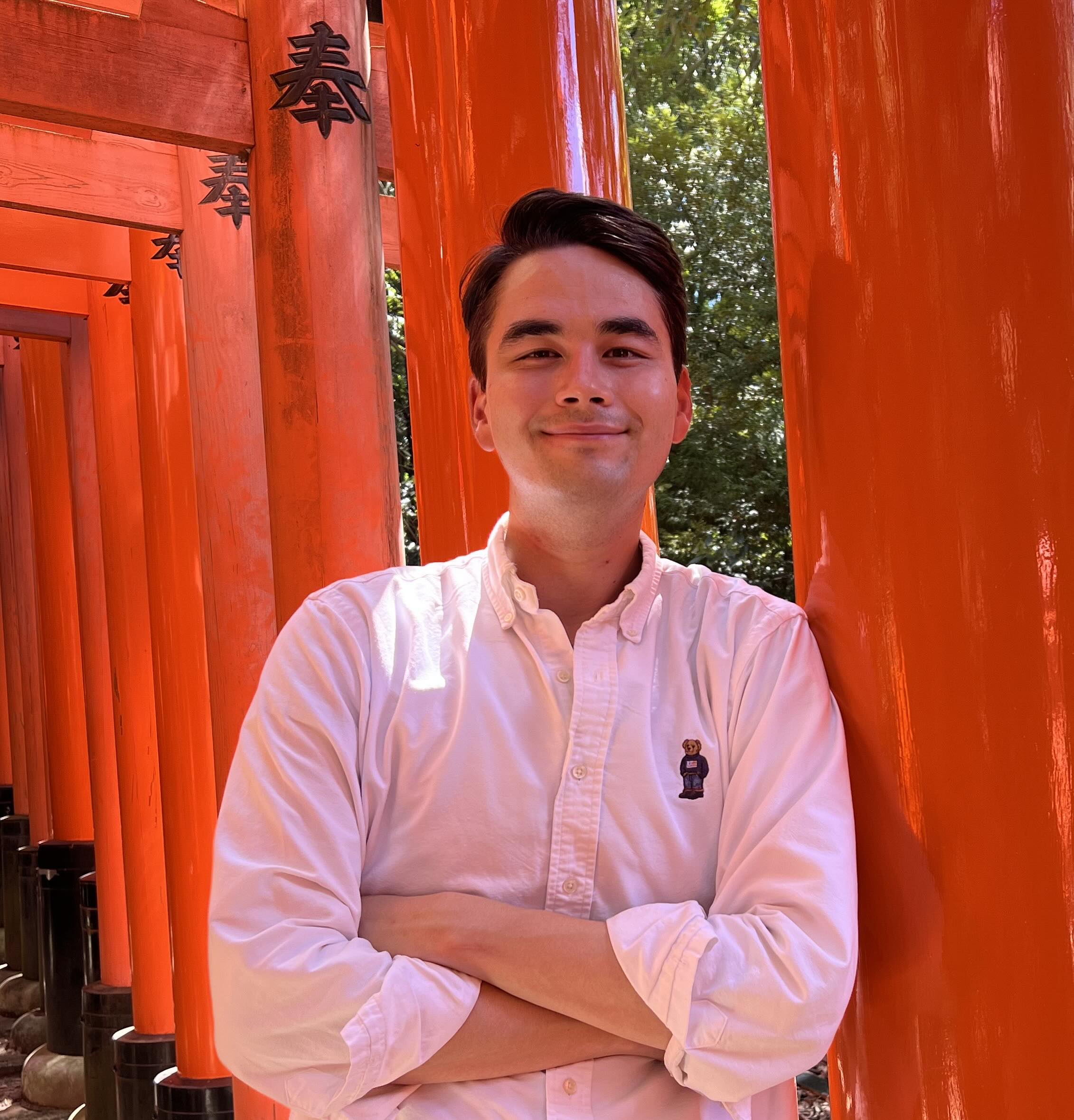
Update: I will be starting as an Assistant Professor in the Atmospheric Sciences Department and the Wilkes Center for Climate Science & Policy at the University of Utah in January 2026. My research group will use machine learning and data-driven methods to tackle problems at the nexus of air quality, fires, and human-environmental systems.
I am currently a NOAA Climate & Global Change postdoctoral fellow working with Noah Diffenbaugh in the Climate and Earth System Dynamics Group and with Marshall Burke in the Environmental Change and Human Outcomes Lab at Stanford University. My current research focuses on evaluating the effectiveness of prescribed burning in reducing wildfire risk in the Western United States and developing strategies to mitigate the socio-ecological impacts of wildfires.
My PhD research with Daniel Jacob and Loretta Mickley at Harvard University's Atmospheric Chemistry Modeling Group focused on (1) using machine learning to accelerate global atmospheric chemistry models, (2) developing algorithms to design optimal/equitable air quality sensor networks, and (3) investigating the potential for prescribed fires to reduce wildfire smoke exposure in the Western United States.
In my spare time, I play jazz trombone, enjoy football/basketball, and watch horror movies.
Curriculum Vitae (last updated June 2025)
Contact information:
- mkelp@stanford.edu